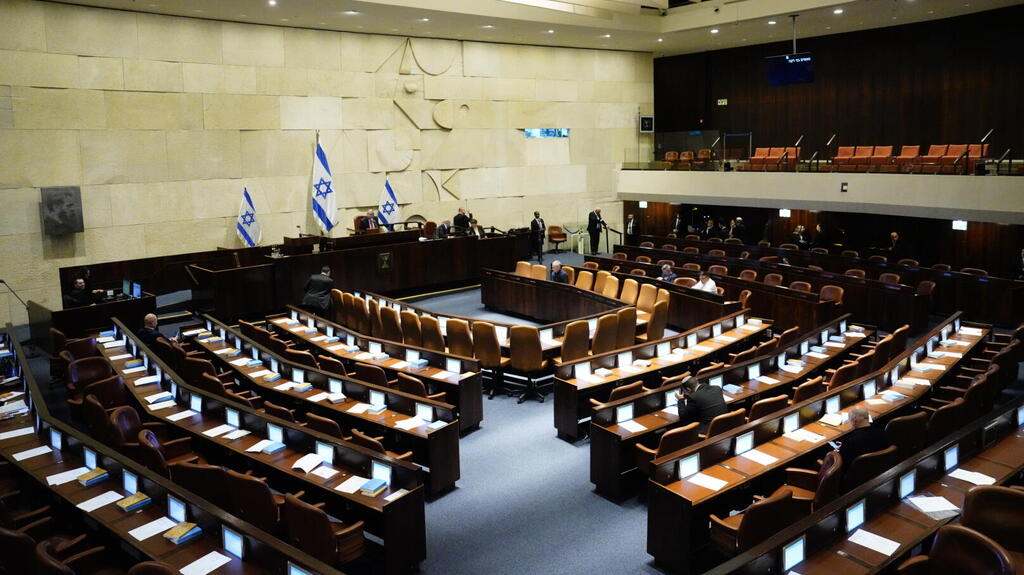If the new government and the elected Knesset members stick to the status quo and avoid installing new policies - the salaries of the President, Prime Minister, government ministers, legislators and court judges will increase by 15%.
According to an almost final estimate, President Isaac Herzog's salary will increase from its current NISS 64,673 to NIS 74,374 starting in January.
3 View gallery


Bezalel Smotrich, Isaac Herzog, Esther Hayut, Benjamin Netanyahu
(Photo: Shaul Golan, Getty Images, Alex Kolomoisky, Nadav Abes)
Prime Minister-designate Benjamin Netanyahu's salary will reach NIS 64,797, in comparison to the NIS 56,345 it is today - likewise the designated speaker of the Knesset.
Furthermore, each minister, as well as the opposition leaders, will receive NIS 58,274 monthly, as opposed to NIS 50,673. The salaries of the Members of Knesset, will jump from NIS 45,274 to NIS 52,065.
The salary of Chief Justice of the Supreme Court Esther Hayut, will be close to NIS 120,000, compared to the NIS 104,000 she receives today. All the judges' varying salaries will increase by 15%, and will average of NIS 60,000.
In total, the yearly cost of this wage influx will be over 130 million shekels.
There are also hundreds of senior officials whose salaries are also expected to rise, including local authority leaders and their deputies, clerks, legal advisors, rabbis and religious council chairs.
This is happening now because the Knesset decided to freeze salary linkage to the consumer price index during the COVID pandemic, and that is set to expire at the end of the year.
In the beginning of January, the National Insurance Institute will publish its new average wage for 2023, and it is expected to be around NIS 12,000 per month, in comparison to NIS 10,400 in 2020. a
This marks a 15% increase in average monthly salaries in Israel - a dramatic upswing that lines up with the concerning inflation trends.
The Knesset's Finance Committee has the authority to determine the salaries of the President, Prime Minister, and government ministers, and thus has the ability to extend the policy put in place during the pandemic, or institute any changes its clauses.
While the average employee would not see significant changes, the minimum wage is expected to go up as well in April to NIS 5,630 per month - a 6% increase.



